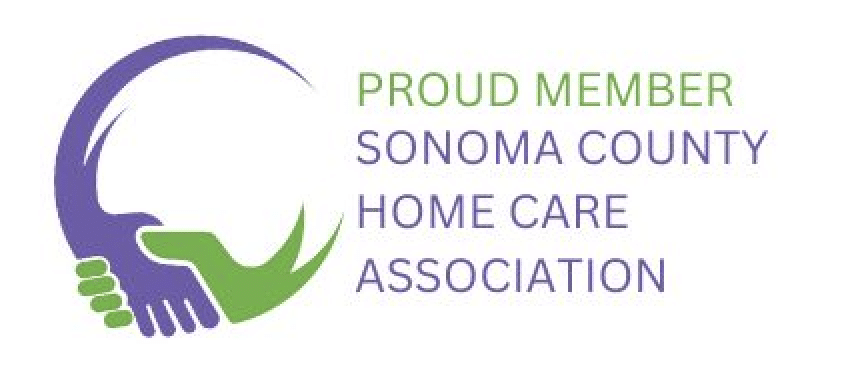Study Finds That Stress Accelerates Immune Aging
Stress — in the form of traumatic events, job strain, everyday stressors and discrimination — accelerates aging of the immune system, potentially increasing a person’s risk of cancer, cardiovascular disease and illness from infections such as COVID-19, according to a new USC study. The research, published June 13 in the Proceedings of the National Academy of…







